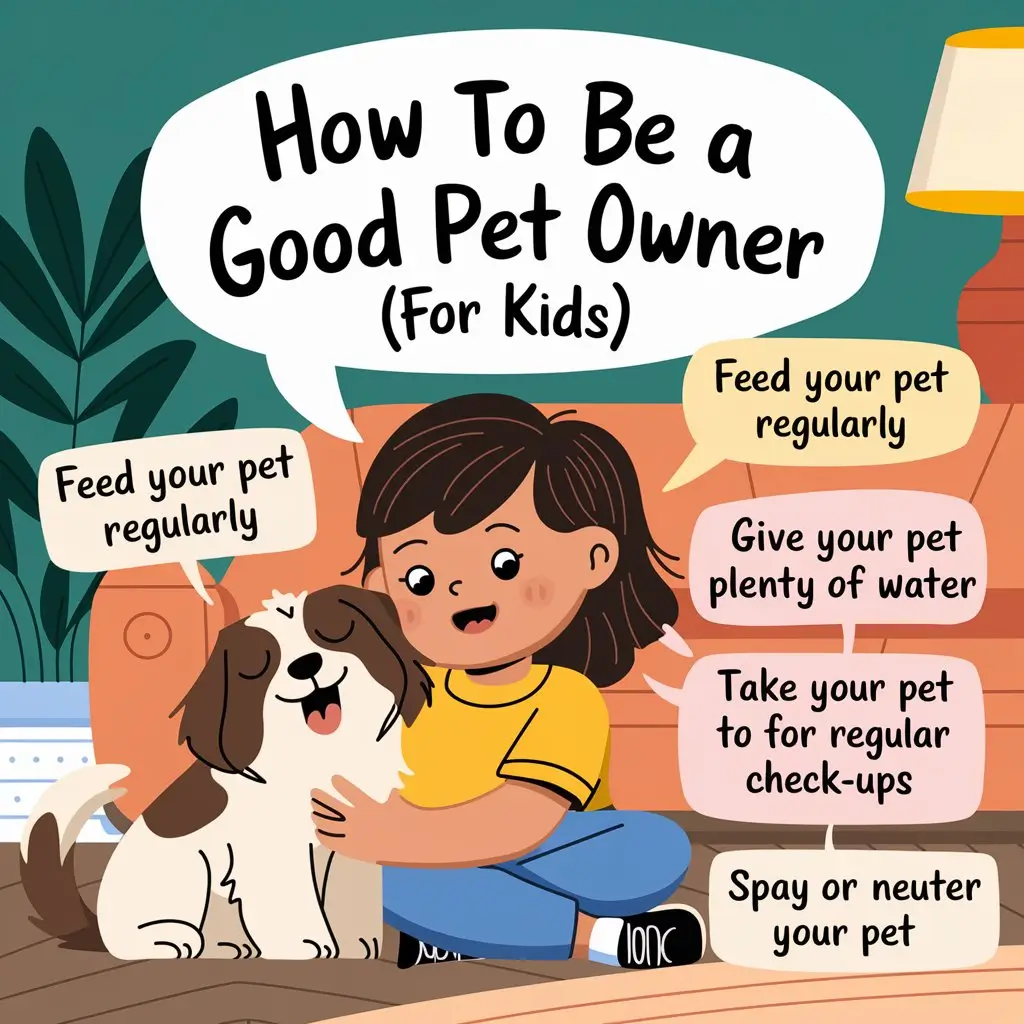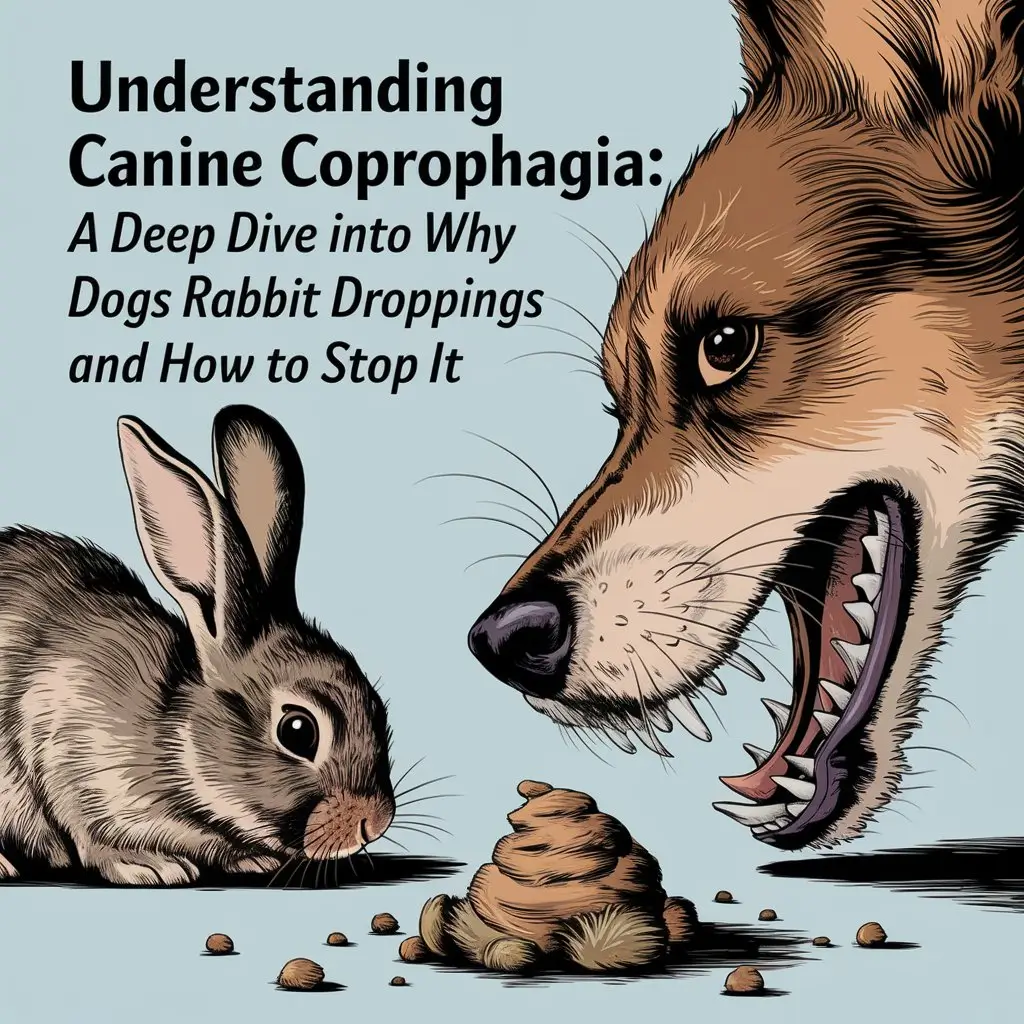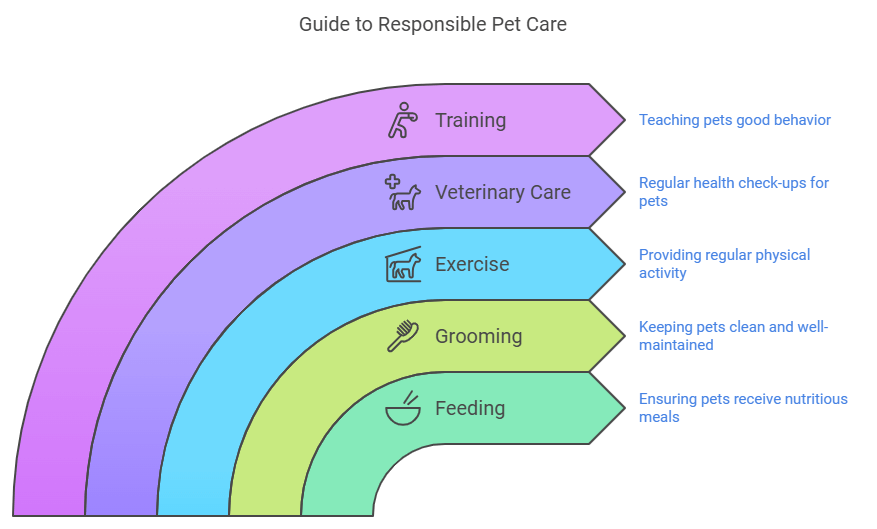
This document serves as a comprehensive guide for children on how to be responsible pet owners. It outlines essential practices for caring for pets, assisting parents with training, and addressing any issues that may arise. By following these guidelines, kids can ensure their pets are happy, healthy, and well-cared for, fostering a loving relationship between them and their furry friends.
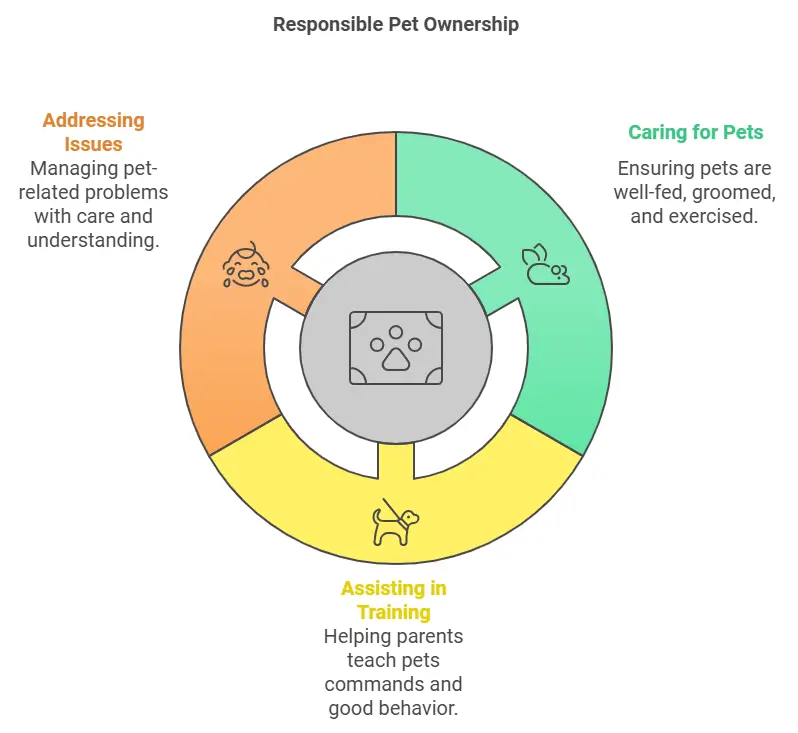
Part 1: Caring for the Pet
- Research Dog Breeds Before Adopting
Choosing the right dog breed is crucial for your family’s lifestyle. Understanding the characteristics and needs of different breeds helps ensure a good match.
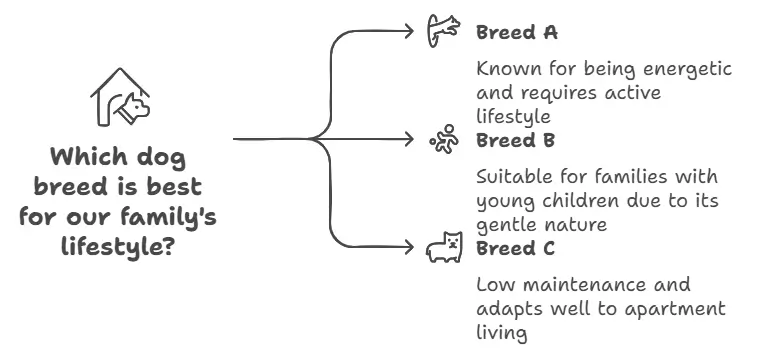
- Give Food and Water to the Pet
Providing fresh food and water daily is essential. Follow a feeding schedule set by your parents and learn about the specific needs of your pet.
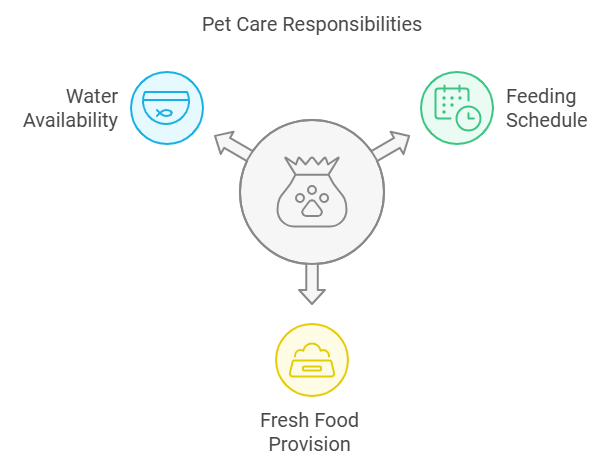
- Clean Up After the Pet
Maintaining a clean environment is important. Clean up food spills, water messes, and droppings, and keep pet toys organized.
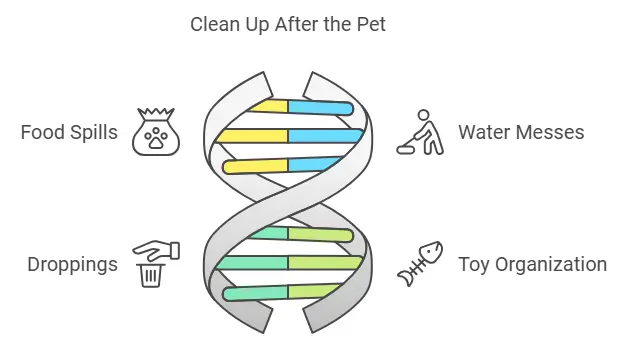
- Groom the Pet
Regular grooming is vital for your pet’s health. This includes brushing, bathing, and checking for fleas and ticks, with different grooming needs for various pets.
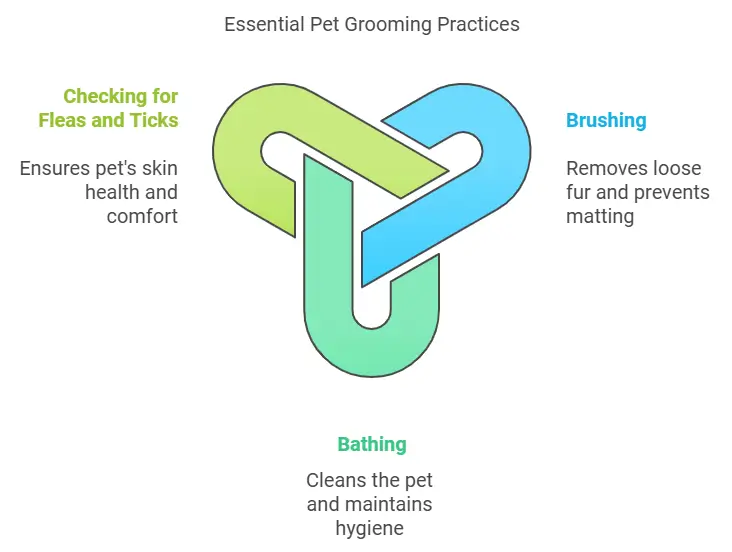
- Take Your Dog for Daily Walks
Daily walks are important, especially for medium to large dog breeds. Kids can help by walking the dog with their parents.
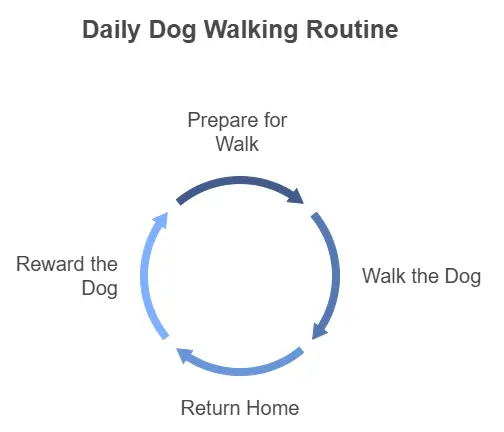
- Play with Your Pet
Spending quality time playing with your pet strengthens your bond. Engage in gentle interactions and provide appropriate toys for fun.
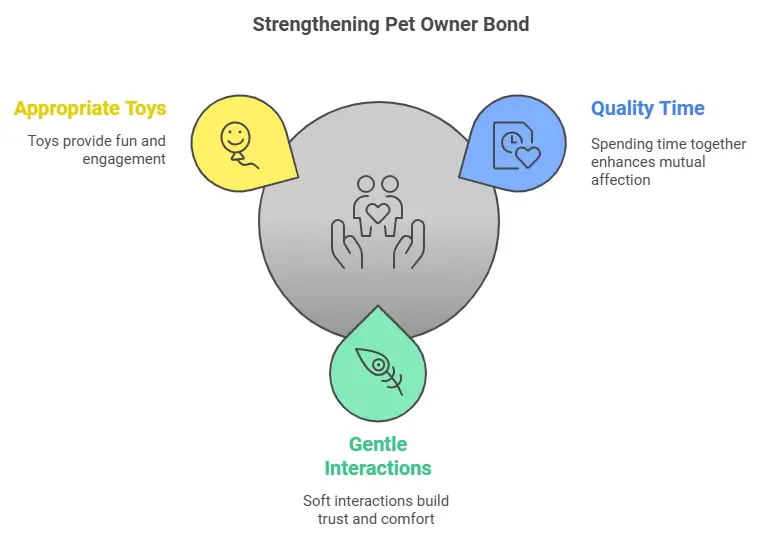
Part 2: Helping Your Parents Train the Pet
- Teach Your Dog Basic Obedience Commands
Training your pet in basic commands like sit, stay, and come is essential. This helps ensure good behavior around people and other animals.
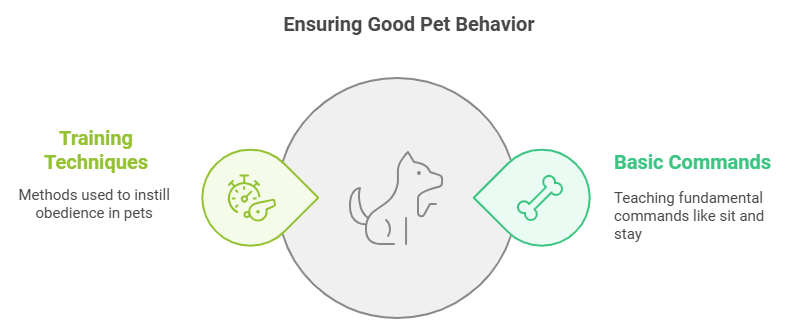
- Do Not Give Your Pet Unhealthy Treats or Food
Avoid giving pets unhealthy treats that could disrupt their training or harm their health.
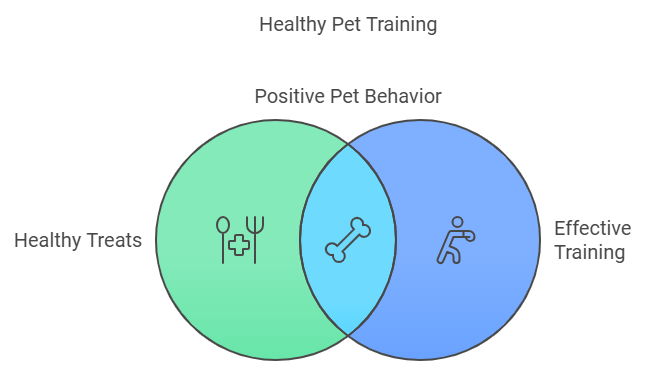
- Follow Your Parent’s House Rules for the Pet
Adhering to established house rules, such as staying off furniture, promotes consistent training and good behavior.
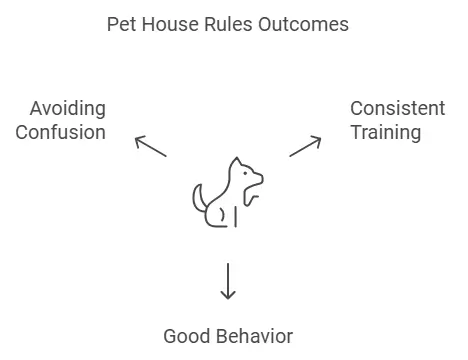
Part 3: Dealing With Pet Issues Responsibly
- Tell Your Parents if Your Pet is Behaving Badly
If your pet misbehaves, inform your parents instead of trying to handle it yourself. This promotes safety and proper training.
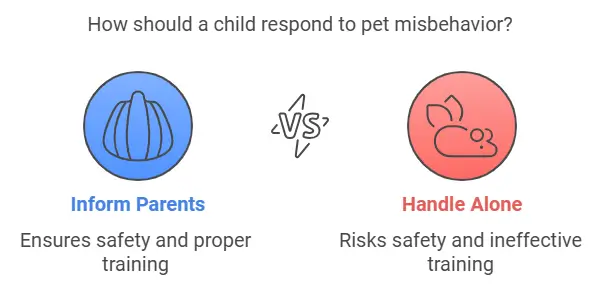
- Let Your Parents Know if Your Pet Seems Ill or Sick
Be observant of your pet’s health. Report any signs of illness to your parents to ensure early detection and veterinary care.
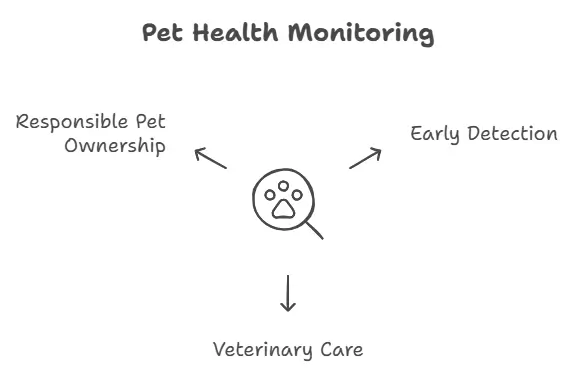
- Add to Your Pet Responsibilities as You Get Older
As you mature, your responsibilities for pet care will evolve. Demonstrating responsibility early on can lead to more significant roles in pet ownership over time.
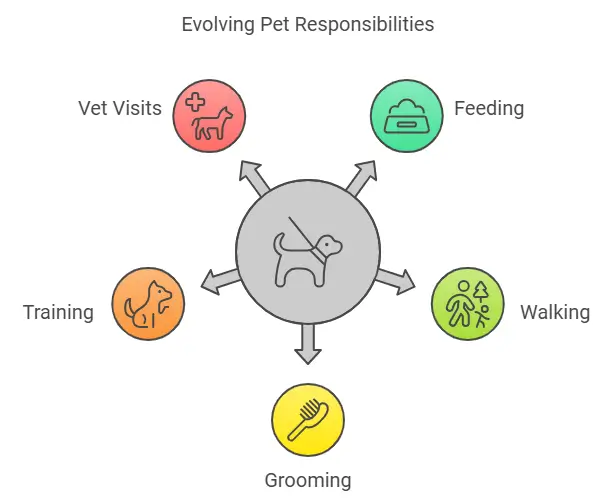
By following these guidelines, children can become responsible pet owners, ensuring their pets receive the love and care they deserve.
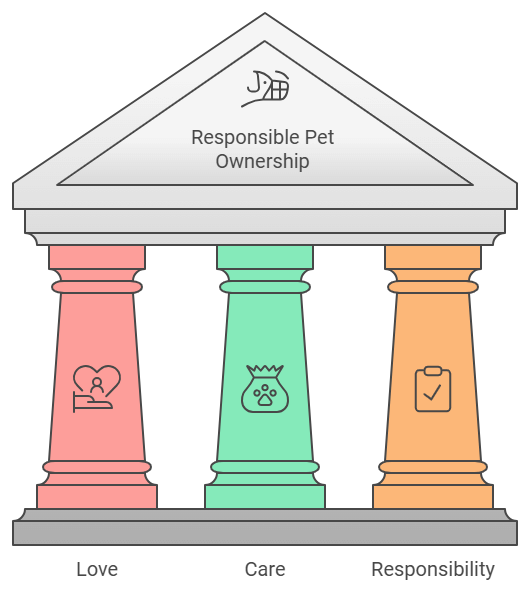
Discover more from TEESHSH COOL
Subscribe to get the latest posts sent to your email.
